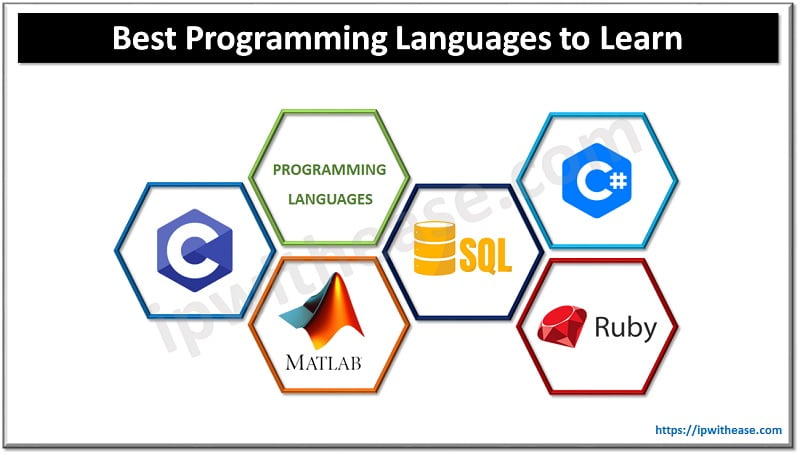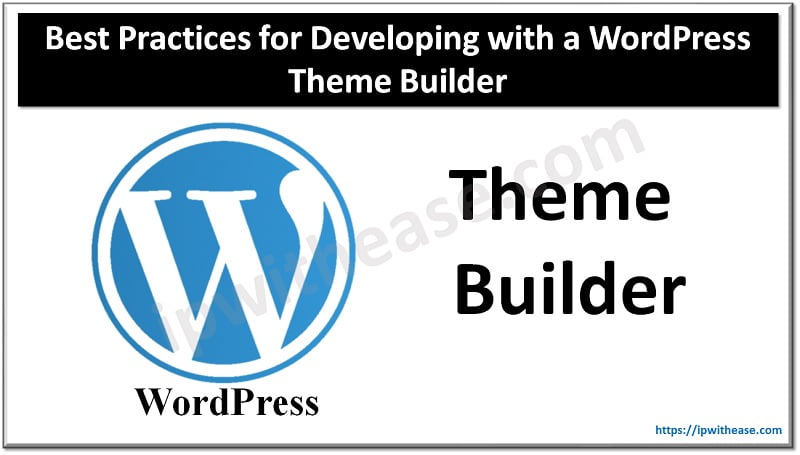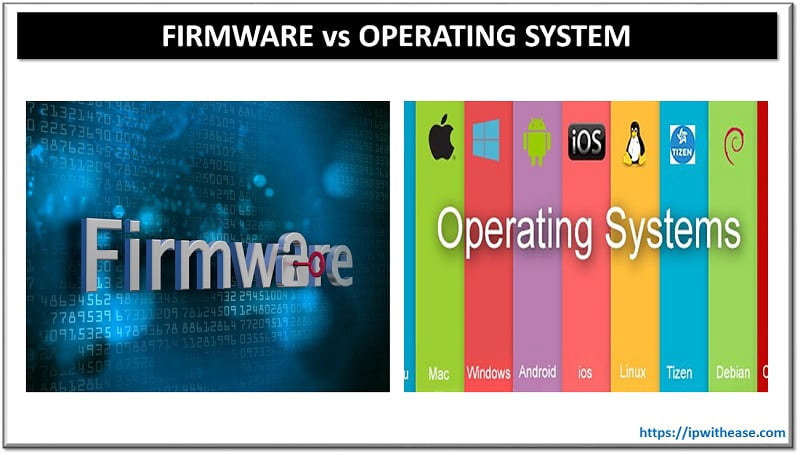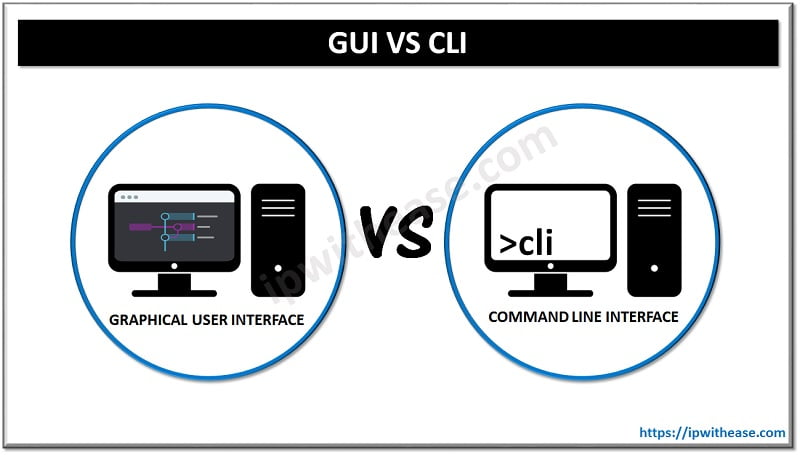Table of Contents
Are you looking to learn a Programming Language?
If your career is anchored on mastering one or more programming languages, you are likely to experience difficulties deciding the best or easiest for you to learn first. You want to ensure your choice is relevant to the profession pursued. After all, most programming languages will require you to invest your time and money to achieve sufficient mastery. Thus, understanding each computer language’s usefulness and difficulty levels is crucial in helping you make the right decisions to meet your desired goals.
So, are you looking to learn programming languages? The internet, established websites, online learning institutions, and numerous social communities provide access to the resources required to pursue this goal. You can choose from various platforms to decide where you would like to begin or advance your understanding of coding languages. In essence, you need to understand the purpose or usefulness of each programming language as they are applied differently, including in games, websites, mobile apps development, software development, and big data and data science.
Luckily, even the best and most popular programming languages can be effectively mastered as some are relatively easy to learn. While they are suited for different uses and categories of developers, this highly sought-after domain is critical in upping your skills. The following discussion presents the best programming languages for you to learn and compete advantageously in modern society.
The Best Programming Languages to Learn Today
What is the best programming language to learn? I bet that you have asked yourself this multi-million dollar question at one point in life. Read to find the best programming languages to learn in 2022.

MATLAB
This proprietary programming language, by MathWorks, is a multi-paradigm and serves in diverse industries as a statistical analysis implement. In most cases, it is used for data analysis and other numeric computing functions. Among other operations, MATLAB allows coders and developers to manipulate matrices, plot data, and functions, create numerous user interfaces, implement algorithms, and interface with systems presented in other programming languages.
Pros
- It can be easily debugged.
- Simple to learn compared to other languages.
- Facilitates seamless operation and testing of various algorithms.
- It is independent of different platforms.
- Suitable for creating scientific research apps.
- Allows extension of functionality through extra toolboxes.
- It does not necessitate an execution compiler, enhancing productivity.
- It allows code conversion for use with other programming languages.
Cons
- It requires license purchase; therefore not available for free.
- Relatively slow as an interpreted language.
- Its usage and benefits are limited within the numerical computing scope.
- Necessitates wide-ranging knowledge and practice to deal with cross-compilation errors.
SQL
The Standard Query Language (SQL) is considered the best if you are concerned with pursuing data science course and statistical computing. It is executed in significant databases like My SQL, Microsoft SQL Server, and Oracle. SQL is a domain-specific programming language that allows coders and developers to manipulate, query, and scrutinize data preserved within a relational catalog.
In fact, it is the third most-utilized programming language according to Stack Overflow statistics. In addition, SQL plays a significant role in database management and is vastly used by developers across various industries to organize site catalogs, as well as vendors in assessing market operations. It is in relatively high demand in modern-day job markets.
Pros
- Suitable for retrieving massive records from a database.
- It allows data viewing without necessarily loading it into the object.
- Highly interactive and portable.
- Enhanced security.
- Effective query processing.
- Sufficient, reliable, and supportive user community.
Cons
- It is not an open-source programming language.
- Unsuitable for creating applications.
- Relatively complex.
- It is highly dependent on table objects.
C#
C# is a multi-paradigm programming language. Microsoft developed it and is employed in a wide variety of enterprises that operate through the .NET frameworks. It supports the ideals of object-focused programming and can be used in Android, Windows, and iOS app development. In addition, C# is used in the back end of renowned websites like Bing and Vision Studio.
Pros
- Faster processing and rapid prototype development.
- It has enhanced automatic garbage collection.
- It is an open-source programming language.
- Boasts extensive community and library support.
- Highly scalable and can be easily updated.
- It is object-oriented.
- It has a strong memory backup.
Cons
- It has less flexibility than C++.
- .NET frameworks and apps are dependent on the Windows operating system for execution.
- It has a relatively deprived x-platform GUI.
The Easiest Programming Languages to Learn
What programming language should I learn? This crucial question is common among students in contemporary society. Read on to find the easiest programming languages for you to learn today.
C
C is a general-purpose programming language. While it is among the first coding languages, it remains one of the widely utilized, influential, and easiest. It reflects the aptitudes of targeted CPUs. Most programmers prefer to familiarize themselves with the programming language before pursuing the more complex one. Its use is evident in popular applications, such as Photoshop, Unix, and Windows.
Why C is easy to learn:
- It utilizes simple syntax.
- It encompasses easy-to-comprehend data structures.
- It is widely accepted and implemented.
- It serves as the building block for other programming languages.
- It can extend by itself.
Ruby
Ruby is a general-purpose, dynamic, reflective, and scripting programming language. It supports numerous programming paradigms, such as object-oriented, imperative, and practical. In addition, Ruby has an automatic memory organization.
Reasons why Ruby is easy to learn:
- It is clear-cut.
- It boasts an extensive support community.
- It has rails that offer eccentric tooling.
- Boasts of the syntax that mirrors Python’s.
- It does not require any specific skills.
- It is fast to write.
- Easily debugged.
Which Programming Language Should I Learn First?
While you can also decide to select several languages to learn first, ensure that you are interested in them to avoid unnecessary burdens.
So, understanding the best and easiest narrows down the concern to individual preference and intended purpose in determining the programming language to learn first. Picking the languages, to begin with, is highly subject to what addresses your needs better. Therefore, consider your career path and the programming language that resonates with your needs when choosing the language to start with the learning process.
Continue Reading:
What is Pylint? Python Programming Tool
ABOUT THE AUTHOR
IPwithease is aimed at sharing knowledge across varied domains like Network, Security, Virtualization, Software, Wireless, etc.



